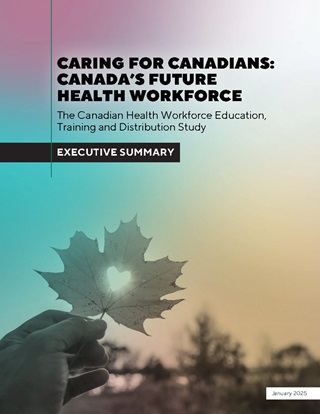Surgeon- and hospital-level variation in wait times for scheduled non-urgent surgery in Ontario, Canada: A cross-sectional population-based study.
Canadian health systems fare poorly in providing timely access to elective surgical care, which is crucial for quality, trust, and satisfaction. Methods We conducted a cross-sectional analysis of surgical wait times for adults receiving non-urgent cataract surgery, knee arthroplasty, hip arthroplasty, gallbladder surgery, and non-cancer uterine surgery in Ontario, Canada, between 2013 and 2019. We obtained data from the Wait Times Information System (WTIS) database. Inter- and intra-hospital and surgeon variations in wait time were described graphically with caterpillar plots. We used non-nested 3-level hierarchical random effects models to estimate variation partition coefficients, quantifying the proportion of wait time variance attributable to surgeons and hospitals. Results A total of 942,605 procedures at 107 healthcare facilities, conducted by 1,834 surgeons, were included in the analysis. We observed significant intra- and inter-provider variations in wait times across all five surgical procedures. Inter-facility median wait time varied between six-fold for gallbladder surgery and 15-fold for knee arthroplasty. Inter-surgeon variation was more pronounced, ranging from a 17-fold median wait time difference for cataract surgery to a 216-fold difference for non-cancer uterine surgery. The proportion of variation in wait times attributable to facilities ranged from 6.2% for gallbladder surgery to 23.0% for cataract surgery. In comparison, surgeon-related variation ranged from 16.0% for non-cancer uterine surgery to 28.0% for cataract surgery. Implications There is extreme variability in surgical wait times for five common, high-volume, non-urgent surgical procedures. Strategies to address surgical wait times must address the variation between service providers through better coordination of supply and demand. Approaches such as single-entry models could improve surgical system performance.
de Jager, P., Aleman, D., Baxter, N., Bell, C., Bodur, M., Calzavara, A., Campbell, R., Carter, M., Emerson, S., Gagliardi, A., Irish, J., Martin, D., Lee, S., SaxeBraithwaite, M., Seyedi, P., Takata, J., Yang, S., Zanchetta, C., & Urbach, D. R. (2024). Surgeon- and hospital-level variation in wait times for scheduled non-urgent surgery in Ontario, Canada: A cross-sectional population-based study. PloS One, 19(8), e0307845. https://doi.org/10.1371/journal.pone.0307845

 Caring for Canadians: Canada’s Future Health Workforce – The Canadian Health Workforce Education, Training and Distribution Study
by
Health Canada
Caring for Canadians: Canada’s Future Health Workforce – The Canadian Health Workforce Education, Training and Distribution Study
by
Health Canada